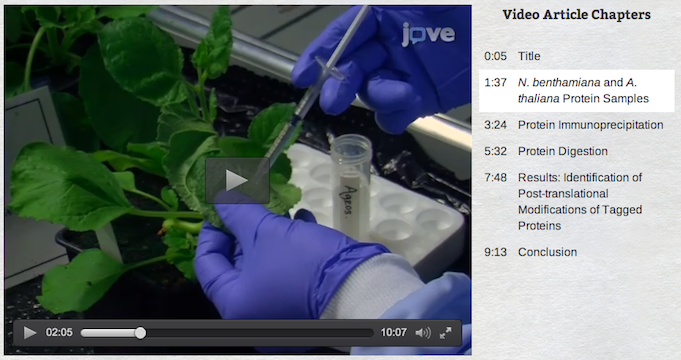The GARNet team travelled up to York last week for the PlantSci 2014 conference. It was a fantastic event and I highly recommend it for future years. The variation between talks, which were all perfectly pitched for a general plant science audience, made the sessions exciting and maintained everyone’s interest.
A highlight of the conference was the Panel Discussion on the Future of UK Plant Science. The Panelists – Mike Bushell, Mark Chase, Sarah Gurr, Sandy Knapp and Dale Sanders – responded to the Status Report (download the PDF here) and spoke briefly about what they felt were the most important challenges for the UK plant science community to deal with.
To me, the most significant issues were put forward by early career researchers from the floor. The Panel and the report, which drew data from a community-wide survey, emphasised skills shortages and a lack of young talent entering the field; but several young researchers present spoke out about lack of support for those young scientists that are working in the field.
One person on a PhD program with funding for a short internship in industry or policy found it difficult to find a placement related to plant science. Two final year PhD students from very different research backgrounds spoke of their frustration in not knowing where to look for post-doctoral jobs. Despite being highly trained in areas within the ‘skills gap’ often referred to in reports, including the UKPSF report, they felt that academic post-doc positions (and the uncertain future that comes with them) were the only options they had.
If you feel passionately about education, training and/or plant science careers and career paths, see UKPSF working group call document (PDF) on information on what the UKPSF is doing to tackle these challenges. There will be UKPSF working groups on Training & Skills, Funding, Portfolio Balance, Regulation, and Translation.
Looking for a plant science job? (more…)








